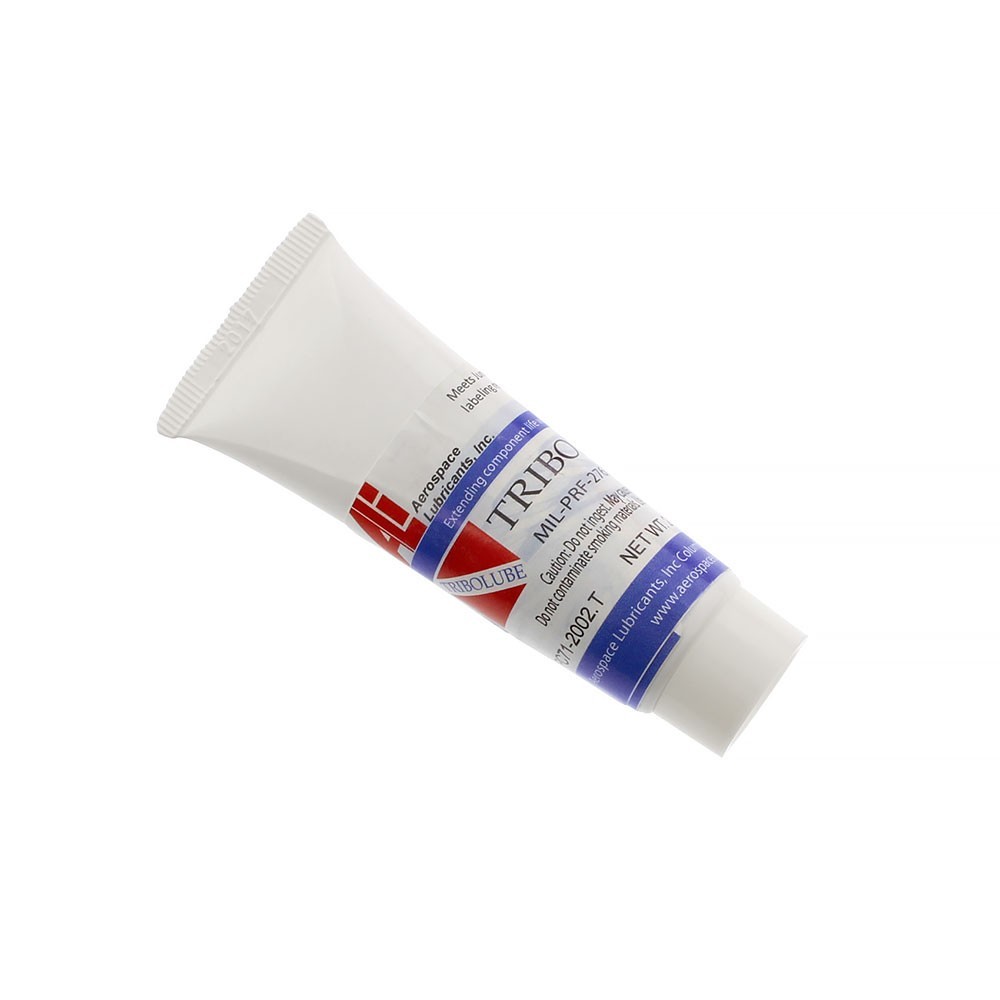HamTrainChickenLaser
Contributor
Not sure if the price/value is OK and if 70 durometer is what I need to have on hand?

Welcome to ScubaBoard, the world's largest scuba diving community. Registration is not required to read the forums, but we encourage you to join. Joining has its benefits and enables you to participate in the discussions.
Benefits of registering include
Probably not. While you may have a few usable sizes most will not be useful. I would get one that is more custom for scuba and a fraction of that price.Not sure if the price/value is OK and if 70 durometer is what I need to have on hand?
View attachment 904455
What scuba applications need oxygen-safe grease? Over 40% oxygen?I’m not sure what type of brake you’re going to lube with that grease. But it’s got some Teflon mixed in with the food-grade silicone, probably in some attempt to grease metal-metal contacts, Regular generic food-grade silicone grease is super cheap. You probably won’t save any money by using the wrong stuff.
And if you’re servicing a part that needs oxygen-safe grease, it’s likely that things are about to go terribly wrong for you
There are a number of scenarios where you’ll have parts that require grease exposed to high O2 levels that could cause self-ignition. But your main takeaway here is that you should never see those parts without a minimum of training so you don’t mess them up and die. If you’re greasing any parts of your air delivery system that you should be messing with, like hoses and tank o-rings, it’s likely that you’re greasing parts that are meant to be dry to help keep the o-rings from extruding out under pressure and falling.What scuba applications need oxygen-safe grease? Over 40% oxygen?
It's not just oxygen safe. O-rings are made multiple materials, including silicone. Lights, cameras, and other more delicate items tend to use these more flexible O-rings. You can't use silicone grease on silicone O-rings because they will swell up and leak. Instead, you need to use a PTFE synthetic lubricant.What scuba applications need oxygen-safe grease? Over 40% oxygen?

